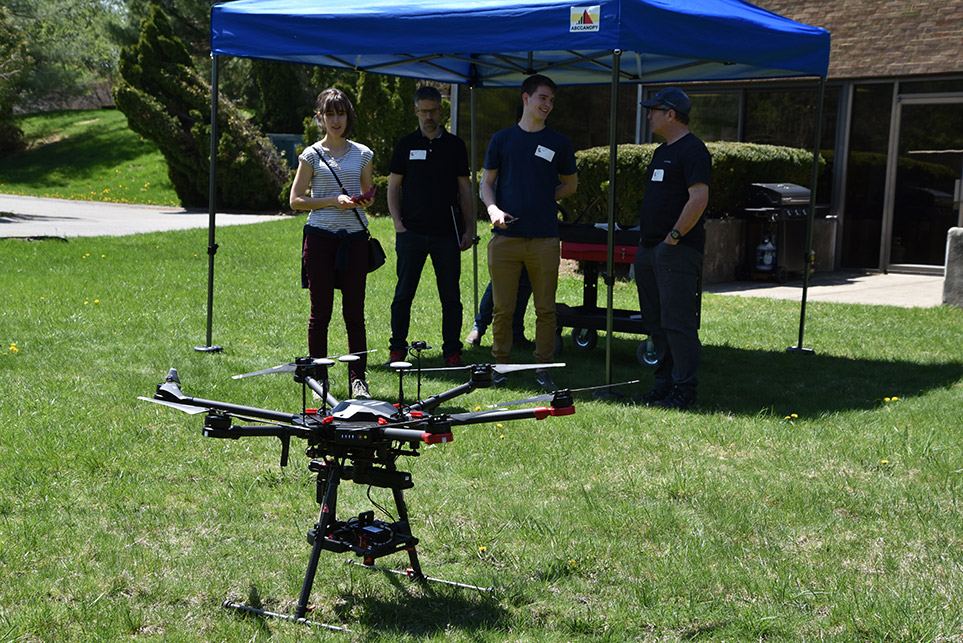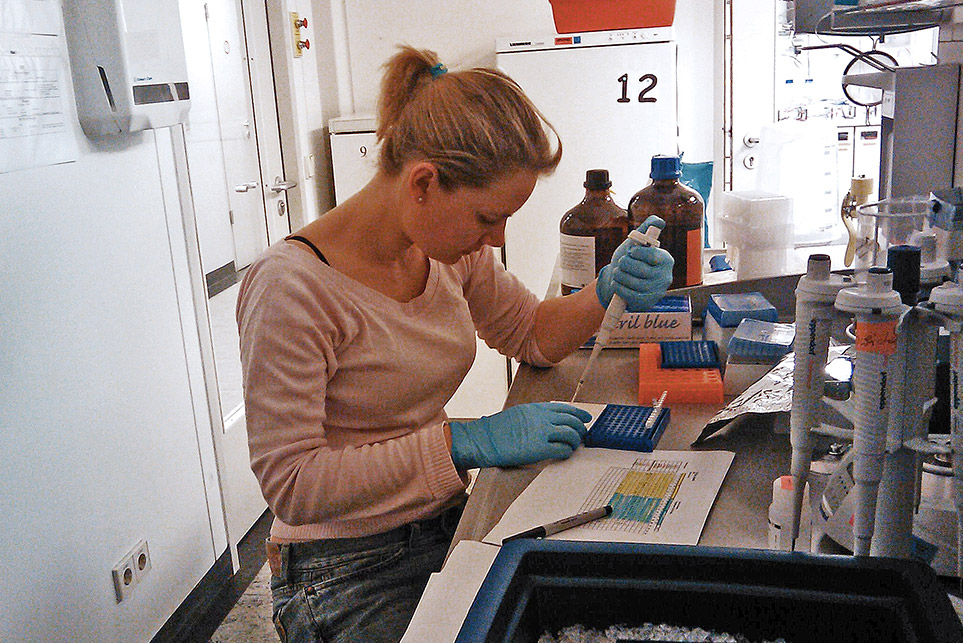Teaching
Undergraduate Courses

BIO204: Introduction to Physiology
Instructor: Ingo Ensminger
Course Description:
This is an introductory course in animal and plant physiology, i.e. looking at how plants and animals function and to be able to survive and succeed in nature. You will learn throughout this course that the principles of physiology are universal, no matter what particular organism is being studied. Topics covered include: elementary biochemistry, respiration, photosynthesis, nutrition, digestion, translocation and circulation, hormones, muscles and nerves. Physiological principles and mechanisms are developed in lectures and laboratories. The required textbook for this course is “Freeman, Harrington, Sharp: Biological Science – Canadian ed.”


BIO312: Plant Physiology
Instructor: Ingo Ensminger
Course Description:
This course consists of a lecture section during fall and a lab section during the winter term (January through February). The focus is on the principal physiological processes in plants and their response to environmental factors and global change. We will address factors in volved in global change, including rising atmospheric CO2, alterations of the global nitrogen cycle and global climate warming, and examine their effects on photosynthesis and plant metabolism. This course will provide the basis to understand the implications of global change factors to plants, ecosystems and their impact on carbon sources and sinks in the modern biosphere. The required textbook for this course is “Taiz, Zeiger: Plant Physiology – fifth ed.”
Prerequisite: Bio204
BIO412: Global Change Biology
Instructor: Ingo Ensminger
Course Description:
Climate change is affecting life on earth at all levels from cells to ecosystems. As a result, shifts in the distribution of species, the timing of biological events, and large impacts on natural resources, agriculture, and forestry may be seen. This course explores past climate, predictions of future climate, impacts of climate change on biological systems, and potentials for adaptation. Mitigation of climate change impacts on biological systems will also be discussed. The required textbook for this course is “Newman et al.: Climate Change Biology, Cabi Press – 1st Edition”
Prerequisites: (BIO202H5, BIO203H5) / BIO204H5, BIO205H5; and at least one of GGR377H5, BIO312H5, BIO330H5, BIO331H5, BIO333H5 Recommended: BIO313H5

Graduate Courses


CSB 1000H/Y: Environmental Stress Physiology of Autotrophs
Instructor: Ingo Ensminger, George Espie
Course Description:
This is a seminar-based grad module that will focus on photosynthesis, the most fundamental life process on earth, and its regulation in response to biotic and abiotic stress. We will focus on photosynthesis in higher plants, algae and cyanobacteria. Potential topics include Cell and Molecular Biology of Chloroplasts, Physiology and Biochemistry of Carbon Metabolism, Measuring Photosynthesis, Photosynthesis in Response to Environmental Stresses and Global Change. The course is offered during the fall session (6 weeks, weight: one grad module with 0.25 FCE), enrolment limited to 8 students. For further details please see the CSB Graduate Courses or contact Ingo Ensminger and George Espie.
